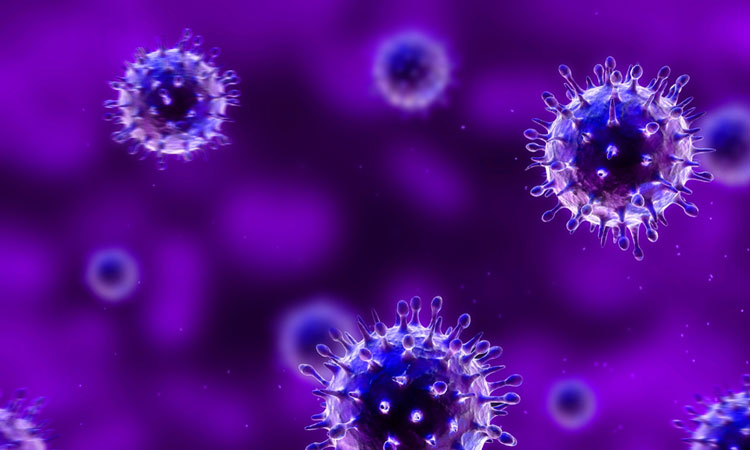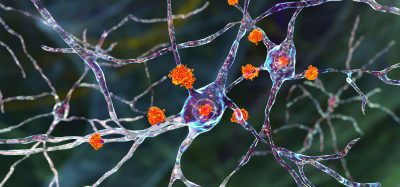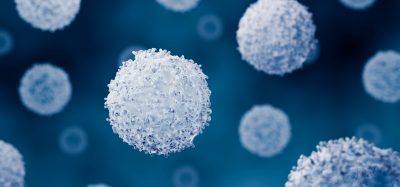Reprogramming stem cells using the measles virus vector
Posted: 15 February 2019 | Iqra Farooq (Drug Target Review) | No comments yet
A method has been developed to reprogram stem cells using the measles virus vector, cutting a four-step process to only one stage…


Researchers have developed a method to use the measles virus vector to reprogram pluripotent stem cells.
Induced pluripotent stem cells begin as differentiated cells which are then reprogrammed to pluripotent stem cells through exposure to a complex set of genetic cocktails . Using the measles virus vector the team of researchers trimmed this process from a multi-vector four reprogramming factor process, down to a single vector process.
“If we’re going to successfully use reprogrammed stem cells to treat patients in the clinic, we need to ensure that they are safe and effective, that is, not prone to the risk of mutation and potential tumors,” said Dr Patricia Devaux, Mayo Clinic molecular scientist and senior author of the article.
“The measles virus vector has long been used safely at Mayo for treating cancer, so it is very safe. Now that we’ve combined a multiple-vectors process into one, it’s efficient as well.”
Four reprogramming proteins, OCT4, SOX2, KLF4 and cMYC, were introduced individually to the cells to induce change resulting in the desired outcome. This would lead to partially reprogrammed cells, because not all of the cells received the four factors that are required for reprogramming. The researchers in this study combined those factors within the measles virus vector so the process occurred in one step, and so all targeted cells have the potential to reprogram.
The team mentioned how the measles virus was attenuated, and so all dangerous aspects of the virus have been removed, as they are in a vaccine. The virus then becomes a vector or carrier for other genetic material. The measles virus vaccine strain is often used today because it is safe, fast and targetable.
A clinically applicable reprogramming system free from genomic modifications should go a long way to making widespread use of induced pluripotent stem cell therapies feasible, the team stated. These are therapies in which an individual’s own cells are reprogrammed can then be use to work in a particular diseased organ, thus avoiding risk of cell rejection, and can be seen through recent breakthrough immunotherapies for cancer.
The study was published in the journal Gene Therapy.
Related topics
Disease Research, Drug Discovery, Drug Targets, Genomics, Research & Development, Screening, Stem Cells, Therapeutics
Related organisations
Mayo Clinic
Related people
Dr Patricia Devaux








